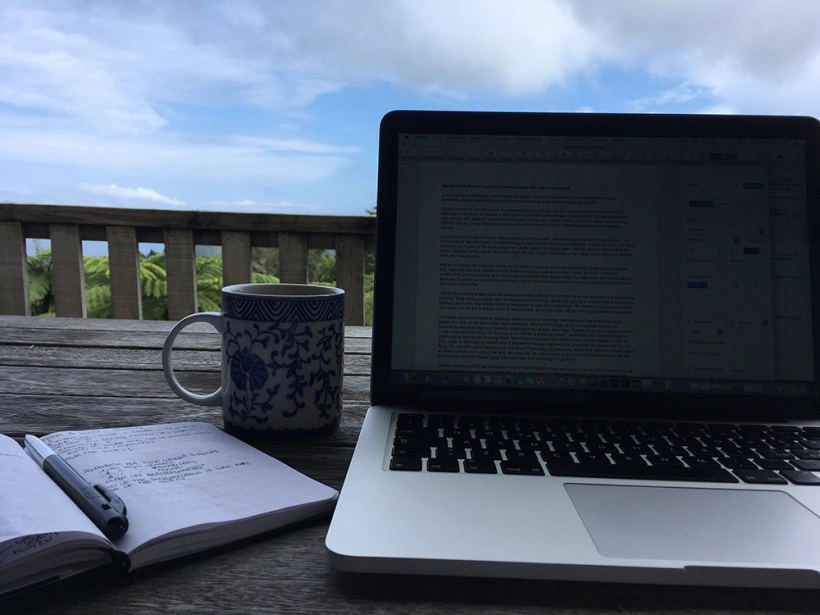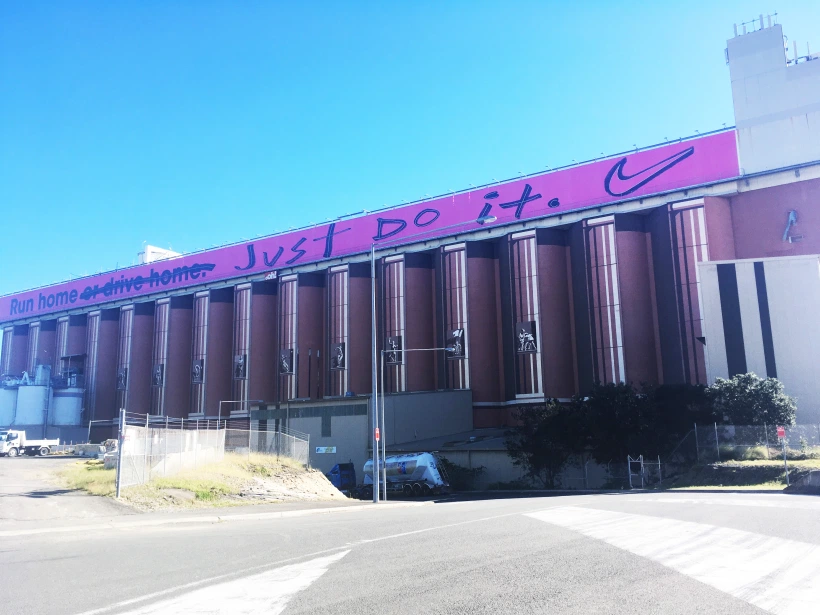
Traveling can be very expensive, but not if you start wwoofing. Acronym for World Wide Opportunities on Organic Farms, this letters have become a name, a verb and even an adjective, indicating an active approach to visiting a country. Not only you work for accommodation, but you also learn a language, learn new skills, get to know locals and make some interesting connections. Worth mentioning also the amazing people you get to know. It’s a win-win situation.
Working for free has its own benefits. Similarly to volunteering, removing money from the equation frees your tasks from those big expectations of normal life and creates a relaxed environment. Of course you need to reach a certain standard, but somehow it’s different. You actually enjoy what you are doing.
I heard about wwoofing from various friends and travel mates, but I haven’t tried it until I reached New Zealand. And while in places like Kawai Purapura Yoga Retreat I was asked to work on unqualified duties like gardening or accommodation setting, I also find a way for a skilled and more rewarding job. This happened at Sacred Earth Retreat, a paradisiac environment on Auckland’s West Coast on a protected hill overlooking a gorgeous volcanic beach. Small and family-run but with a high potential and a long-term project to bring a positive change in troubled souls, it was the perfect organization to help. With my partner and favorite team mate, I offered to promote the place with our professional communication activities. While I interviewed people and wrote a feature, a press release and a fact sheet highlighting the best features of the retreat, he prepared three short promotional videos to help the future customers to dive in the magic of the place. Eventually, in just over two weeks we were able to deliver a rich press kit that they can now use to grow their business.
The idea is to find meaningful activities and help them to grow and reach a wider audience. Share what we like. Promote good changes. Of course all this can’t always be made for free, but every big project needs to be tested somehow, isn’t it?



